Trusts
Trusts
Types of Trusts
A trust is a legal document that governs your wishes for how and when to transfer your assets, including sentimental items, to your loved ones or charitable organizations. While the definition of a trust appears simple enough, there are many complexities which are associated with designing and implementing trusts. It is imperative that you seek a well-experienced attorney in the state where the trust will be formed and implemented.
Creating a trust has the added benefit of avoiding probate and speeding up the distribution of assets. The grantor is vested with greater flexibility and control as to how and who receives assets. This means that the assets can be distributed overtime or upon death of the grantor. The trust will also assist minimize disputes among heirs or family members. Additionally, privacy is maintained since distribution occurs in private as opposed to probate which is public record. It cannot be overstated that trusts may reduce the tax liability upon the heirs and beneficiaries.
It is important to understand the types of trusts that exist. The two main trusts are a revocable trust and irrevocable trust. A revocable trust allows you to maintain control of your assets during your lifetime, with the ability to change or revoke the trust at any time after it’s created. Irrevocable trusts, on the other hand, cannot be modified. However, many benefits, such as protection from creditors and reduced taxes, are provided only by irrevocable trusts.
When implementing and designing trusts the parties are given certain titles. For instance, the grantor is the individual who establishes and funds the trust. The trustee is the individual or institution responsible for managing and distributing the assets. A living trust is a trust that is created while the grantor is alive.
Types of Trusts
A trust is a legal document that governs your wishes for how and when to transfer your assets, including sentimental items, to your loved ones or charitable organizations. While the definition of a trust appears simple enough, there are many complexities which are associated with designing and implementing trusts. It is imperative that you seek a well-experienced attorney in the state where the trust will be formed and implemented.
Creating a trust has the added benefit of avoiding probate and speeding up the distribution of assets. The grantor is vested with greater flexibility and control as to how and who receives assets. This means that the assets can be distributed overtime or upon death of the grantor. The trust will also assist minimize disputes among heirs or family members. Additionally, privacy is maintained since distribution occurs in private as opposed to probate which is public record. It cannot be overstated that trusts may reduce the tax liability upon the heirs and beneficiaries.
It is important to understand the types of trusts that exist. The two main trusts are a revocable trust and irrevocable trust. A revocable trust allows you to maintain control of your assets during your lifetime, with the ability to change or revoke the trust at any time after it’s created. Irrevocable trusts, on the other hand, cannot be modified. However, many benefits, such as protection from creditors and reduced taxes, are provided only by irrevocable trusts.
When implementing and designing trusts the parties are given certain titles. For instance, the grantor is the individual who establishes and funds the trust. The trustee is the individual or institution responsible for managing and distributing the assets. A living trust is a trust that is created while the grantor is alive.
A marital trust is a trust created by one spouse with the beneficiary being the remaining spouse when the grantor spouse passes away. The marital trust is also a mechanism to avoid probate. The trust also ensures that assets transfer to the surviving spouse without delay or other issues as well as assists in avoiding estate taxes.
Charitable trusts exist in two forms—a charitable lead trust or a charitable remainder trust. Both trusts have assets placed in the trusts as gifts. The trusts then make distributions which are ongoing to either a noncharitable beneficiary (CRT) or charitable beneficiary (CLT). If there are remaining assets at the end of the trust’s time period, then the assets are passed on to the noncharitable beneficiary or the charitable beneficiary.
Spend thrift trusts are trusts have instructions as to how and when assets are distributed. Theses trusts are important if a beneficiary has a substance abuse problem. The trust can direct that funds are paid directly to the creditor such as healthcare providers, landlords, or college/universities. Essentially, a spend thrift trust is beneficial when the grantor is concerned that the beneficiary may spend his or her inheritance irresponsibly.
Business trusts are trusts that hold business interests within them. There are advantages in both the realm of estate planning and tax liability avoidance by placing all or some business interests in a business trust. Business trusts are useful in family-owned businesses and potential problems with ownership and/or management change. Finally, business trusts are useful in situations where business partners no longer communicate well with one another or are in serious disagreement.
Special needs trusts are vital when you have a loved one, especially a minor child, with disabilities. A special needs trust can provide for financial support and does not place the child’s government benefits in jeopardy. The goal of the special needs trust is to supplement government benefits and not replace them as well as provide the long-term care and special needs of your loved one.
Education trusts are intended for the assets of the trust to pay for the beneficiary’s education expenses. Education trusts offer flexibility and control for those wishing to pay for a sizeable amount of education costs. However, education trusts should not be perceived as an equal to the 529 college savings accounts since they do not possess the same tax benefits.
Life insurance trusts are created to hold life insurance proceeds. Life insurance trusts can be used to reduce or minimize estate tax liability. An additional feature of a life insurance trust is that it provides liquidity to your heirs. For example, a business owner who has his or her net worth tied up in the business, the trust may provide a cash injection to the heirs or beneficiaries of the trust through the proceeds.
The intent of a grantor retained annuity trust is to reduce tax liability on large assets transferred to the trust beneficiary. The process includes the individual creating the grantor retained annuity trust via an irrevocable trust. Then, the grantor transfers assets into the trust for the benefit of the beneficiaries. A key and distinguishable feature is that the grantor retains an annuity interest for a certain period of time (years).
Trusts offer many benefits. However, there are some things which cannot be escaped which is taxation. Trusts may cause multiple types of taxes including estate tax, capital gain tax and income tax. The type of trust implemented, including its internal structure as well as distribution of assets will decide taxes incurred as well as who is required to pay them. When it comes to revocable trusts, income or capital gains tax owed is generally the responsibility of the trust’s creator also known as the grantor through death. Then, the tax liability is imposed upon the beneficiaries. An important consideration is that a revocable trust will not reduce estate tax upon the assets placed in the trust. Irrevocable trusts may permit the transfer of assets free of an estate tax; however, the gift tax may apply.
Contact Us Today To Discuss Your Plan
"*" indicates required fields
A marital trust is a trust created by one spouse with the beneficiary being the remaining spouse when the grantor spouse passes away. The marital trust is also a mechanism to avoid probate. The trust also ensures that assets transfer to the surviving spouse without delay or other issues as well as assists in avoiding estate taxes.
Charitable trusts exist in two forms—a charitable lead trust or a charitable remainder trust. Both trusts have assets placed in the trusts as gifts. The trusts then make distributions which are ongoing to either a noncharitable beneficiary (CRT) or charitable beneficiary (CLT). If there are remaining assets at the end of the trust’s time period, then the assets are passed on to the noncharitable beneficiary or the charitable beneficiary.
Spend thrift trusts are trusts have instructions as to how and when assets are distributed. Theses trusts are important if a beneficiary has a substance abuse problem. The trust can direct that funds are paid directly to the creditor such as healthcare providers, landlords, or college/universities. Essentially, a spend thrift trust is beneficial when the grantor is concerned that the beneficiary may spend his or her inheritance irresponsibly.
Business trusts are trusts that hold business interests within them. There are advantages in both the realm of estate planning and tax liability avoidance by placing all or some business interests in a business trust. Business trusts are useful in family-owned businesses and potential problems with ownership and/or management change. Finally, business trusts are useful in situations where business partners no longer communicate well with one another or are in serious disagreement.
Special needs trusts are vital when you have a loved one, especially a minor child, with disabilities. A special needs trust can provide for financial support and does not place the child’s government benefits in jeopardy. The goal of the special needs trust is to supplement government benefits and not replace them as well as provide the long-term care and special needs of your loved one.
Education trusts are intended for the assets of the trust to pay for the beneficiary’s education expenses. Education trusts offer flexibility and control for those wishing to pay for a sizeable amount of education costs. However, education trusts should not be perceived as an equal to the 529 college savings accounts since they do not possess the same tax benefits.
Life insurance trusts are created to hold life insurance proceeds. Life insurance trusts can be used to reduce or minimize estate tax liability. An additional feature of a life insurance trust is that it provides liquidity to your heirs. For example, a business owner who has his or her net worth tied up in the business, the trust may provide a cash injection to the heirs or beneficiaries of the trust through the proceeds.
The intent of a grantor retained annuity trust is to reduce tax liability on large assets transferred to the trust beneficiary. The process includes the individual creating the grantor retained annuity trust via an irrevocable trust. Then, the grantor transfers assets into the trust for the benefit of the beneficiaries. A key and distinguishable feature is that the grantor retains an annuity interest for a certain period of time (years).
Trusts offer many benefits. However, there are some things which cannot be escaped which is taxation. Trusts may cause multiple types of taxes including estate tax, capital gain tax and income tax. The type of trust implemented, including its internal structure as well as distribution of assets will decide taxes incurred as well as who is required to pay them. When it comes to revocable trusts, income or capital gains tax owed is generally the responsibility of the trust’s creator also known as the grantor through death. Then, the tax liability is imposed upon the beneficiaries. An important consideration is that a revocable trust will not reduce estate tax upon the assets placed in the trust. Irrevocable trusts may permit the transfer of assets free of an estate tax; however, the gift tax may apply.

Lone Star Wills & Trusts, PLLC provides estate planning legal services across Texas.
There is no client that is too small or too big. Our firm is committed to adding value to the lives of our clients and communities which is carried out by getting to know our clients on a personal level. We understand that Texans are hardworking people. Our goal is to assist every Texan achieve a sense of security through asset protection planning and estate planning, knowing that there is plan in place for his or her family should the unexpected occur. Call our office to set up your asset protection and estate plan design meeting today.

